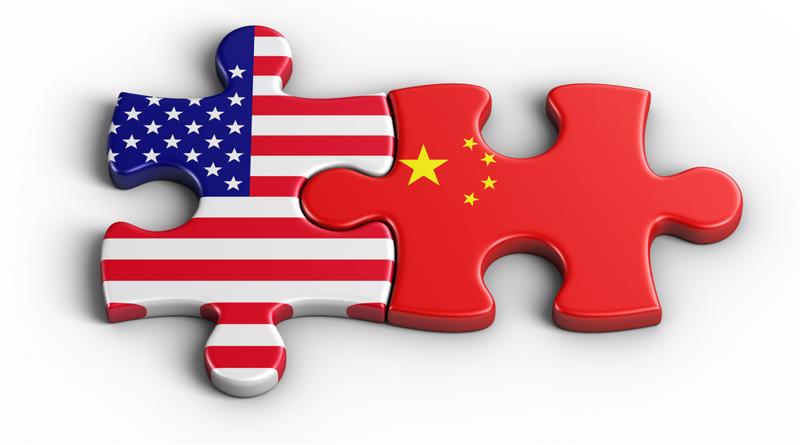The first phase of the trade war between the U.S. and China seems to be nearing an endpoint, but that doesn't mean the uncertainty that came with it is likely to reach a conclusion any time soon. With that in mind, many companies along the supply chain may soon find they have more complexities to deal with, plan for and overcome.
For instance, China recently announced that it will no longer buy produce and other agriculture products from U.S.-based producers, meaning that a major global customer of all these offerings is now off the table, according to Inbound Logistics. In what can only be described as a troublesome domino effect, that means producers in the U.S. will likely have more of their product on hand than they previously planned for, causing the prices for these offerings to plummet as companies try to offload them at a reasonable price rather than let them rot.
In addition, that would likely lead to a decline in equipment purchases as agribusinesses see their profits decline, and prices for those machines have likely been on the rise due to the higher cost of steel and other metals that have come as part of the trade war as well, the report said.

Right now, shippers on this side of the Pacific have some serious concerns about what a lower-level trade war between the U.S. and China will have on their bottom lines, according to Supply Chain Management Review. A recent survey from Resilience360 found that two-thirds of shippers have already been affected by this conflict, and more than a quarter had suffered with no other contingency planning in place. That includes close to half of engineering and manufacturing firms, and 2 in 5 automotive companies.
As a consequence, nearly three-quarters of respondents said that the are at least considering moving their production efforts to other countries as a means of keeping costs down, the report said. Among those who have taken action to reduce their costs or risks around this trade war, the most common answer - cited by 20% of total respondents - was to simply look elsewhere for the parts and assembly efforts they needed to make their products. Almost 16% opted to apply for tariff exemptions.
Another sign of the impact
Throughout this process, there has been a notable decline in the volume of goods shipped via air as well, according to the latest data from the International Air Transport Association. In November, for instance, there was a 1% decline on an annual basis on air freight, even as the industry has continued to build out its capacity.
This marked the 13th straight month in which year-over-year declines were observed, and experts believe there may be no end in sight to this trend as long as the trade war continues, the report said. However, the rate of decline in November, which is firmly a part of the holiday shipping season, slowed in comparison with the dip seen in October.
With all these issues in mind, companies that do not have a plan in place to deal with a longer-term trade conflict may be putting themselves at risk for financial problems.



Post A Comment:
0 comments so far,add yours